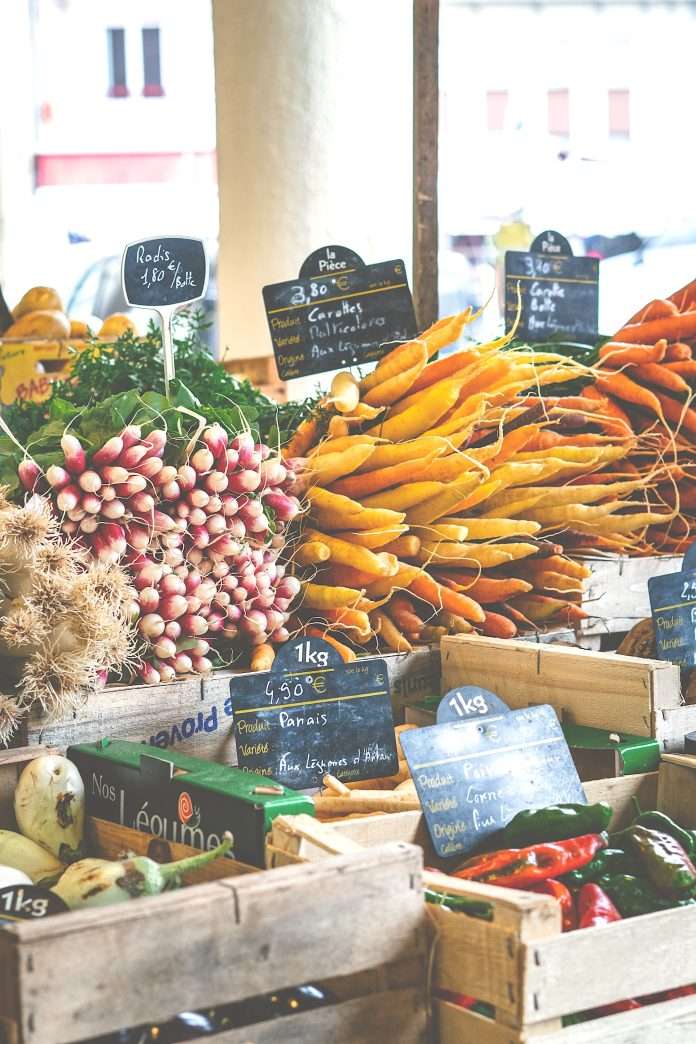France has mandated composting with the implementation of the ‘compost obligatoire’ initiative to help reduce emissions. But the country’s relationship with food runs even deeper – from terroir to the French Paradox, French food rules are the global benchmark.
Compost obligatoire, in effect at the beginning of this month, mandates the recycling of organic waste across France. Central to this program is the government’s Green Fund, which supports local authorities in providing residents with the necessary means to sort their bio-waste. This category of waste includes food scraps, vegetable peels, expired food, and garden waste.
In a marked shift from previous regulations, which only required entities producing over five tonnes of organic waste annually to segregate it, the new rules extend this obligation to all households and businesses. They must now dispose of organic matter either through home collection in dedicated bins or at municipal collection points.
The transformation of this waste into biogas, compost, or home composting alternatives is a key aspect of the initiative, offering a sustainable alternative to chemical fertilizers. For the moment, local authorities bear the responsibility of facilitating easy access to composting and waste separation services for households. Notably, while these facilities are being established, non-compliance will not incur fines, leaving room for future adjustments to the enforcement policies.
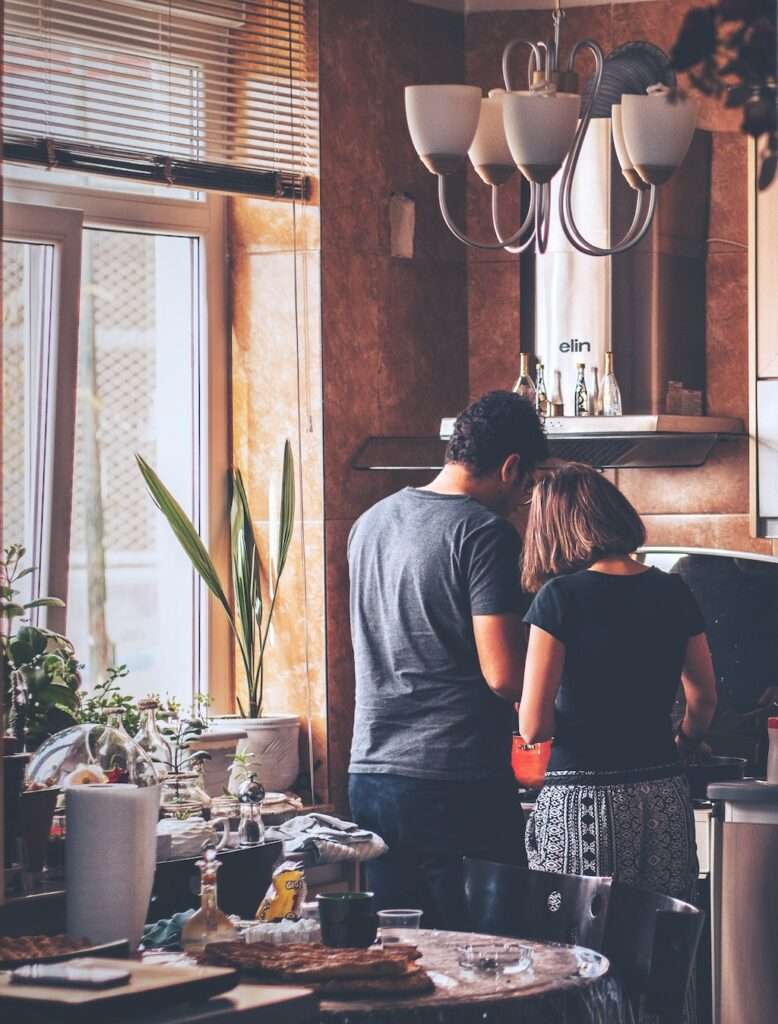
A significant motivator behind these measures is the alarming statistic that nearly one-third of household waste comprises bio-waste. When mixed with other types of rubbish, this waste often ends up in landfills or incinerators, contributing to the production of greenhouse gases like methane and CO2. The European Commission highlights that food waste alone accounts for about sixteen percent of the total emissions from the E.U. food system. Globally, food loss and waste generate approximately eight percent of all human-caused emissions annually, as stated by the United Nations.
The contamination of recyclable materials such as paper, plastic, and glass by organic waste is another concern France is addressing with the initiative. As of 2018, only 34 percent of the E.U.’s bio-waste was collected, leading to the loss of potential soil nutrients. In France, an estimated 82 kilograms of compostable waste is discarded per person each year.
The initiative aligns with the broader E.U. Waste Framework Directive, which encourages bio-waste collection. While it stops short of setting mandatory targets, many European countries have already implemented organic waste separation at the municipal level.
Residents are encouraged to engage in practices like careful meal planning, consuming, freezing, or preserving food before expiration, and utilizing every part of an ingredient to minimize waste. There are programs in place for non-savable or repurposable food waste, including scraps, dairy products, and eggshells, which should be composted or separated for collection, with the exclusion of liquids, non-food items, and packaging from bio-waste bins.
French food rules
The commitment reflects France’s longstanding reverence for food. The French Paradox — the idea that otherwise unhealthy foods like rich meats, cheeses, and desserts, along with coffee, wine, and even tobacco can be enjoyed with a relatively low incidence of coronary heart disease compared to rates of other countries — is a shining example. These French food ‘rules’ play a big part in the country’s health and commitment to sustainability.

1. Quality over quantity
At the heart of the French Paradox may just be the way French cuisine is known for its variety and balance, and a big focus on whole food ingredients. French cuisine prioritizes high-quality ingredients over large portions. The emphasis is on fresh, locally sourced rather than processed, imported foods. A focus on quality ensures that each dish is packed with flavor and nutrition, encouraging a more mindful and satisfying eating experience.
French cooking is also deeply connected to the seasons, with menus adapting to the availability of seasonal produce. This goes hand-in-hand with whole food eating, and not only ensures that food is at its freshest and most flavorful, but also supports sustainable and environmentally friendly eating habits. This balanced approach to eating ensures a diverse intake of nutrients. Moreover, indulgent foods like rich pastries are enjoyed, but only in moderation, which helps maintain a healthy lifestyle without deprivation.
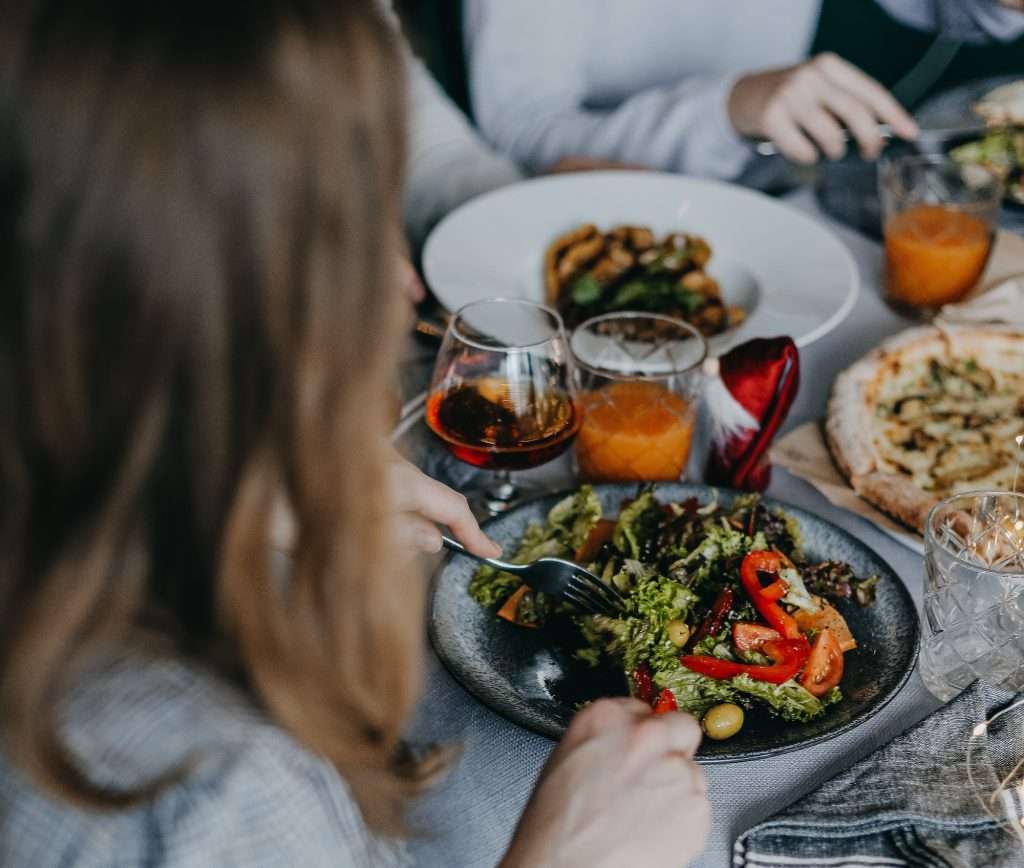
2. Tradition and innovation
French cooking and agriculture both respect traditional methods and recipes, preserving a rich heritage. At the same time, there’s a continuous innovation in French cuisine, with chefs constantly experimenting and elevating dishes. The country is also seeing a surge in technology like precision fermentation and even cultivated meat. This blend of tradition and innovation keeps the cuisine dynamic and evolving, inspiring others to both preserve their culinary heritage and adapt it to contemporary tastes and techniques.
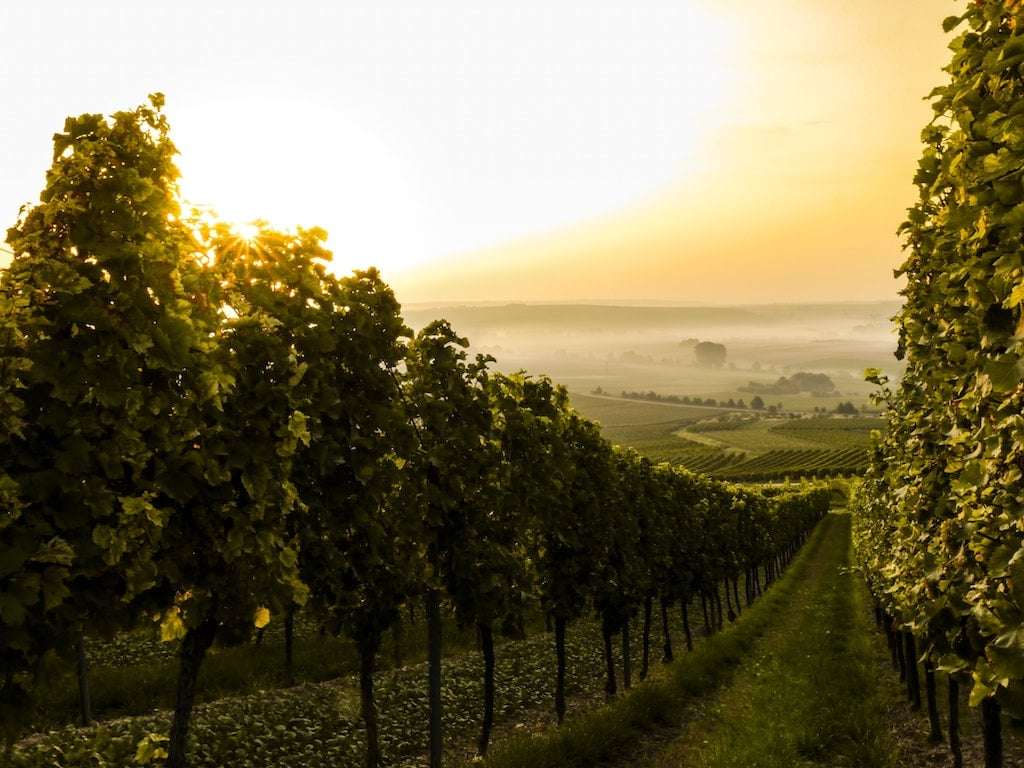
3. The concept of terroir
Terroir is a French term that refers to the way a region’s climate, soils, and aspect (terrain) affect the taste of food and wine. This concept highlights the importance of geographical origin and its impact on the flavor of ingredients. It encourages a deeper appreciation for the natural elements that contribute to the characteristics of food and drink.
France’s culinary identity is deeply rooted in its regional diversity and each region has its own unique dishes and specialties, reflecting local ingredients and historical influences. This regional pride in cuisine encourages the preservation of local culinary traditions and the use of local, seasonal ingredients, enhancing the overall food culture.
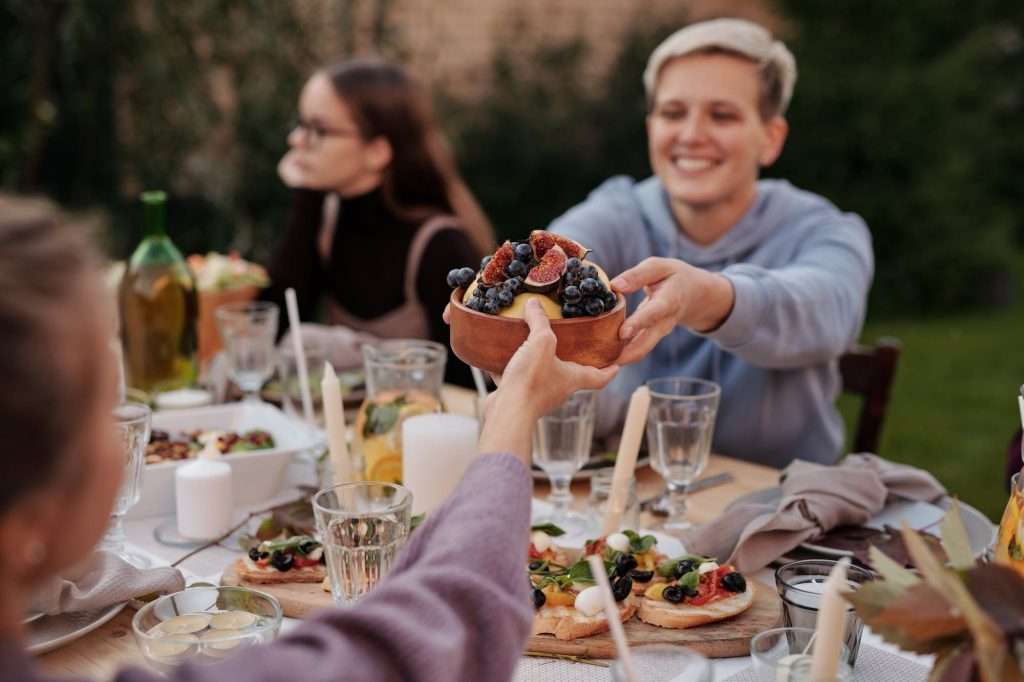
4. The social aspect of food
In French culture, meals are not just about eating; they’re a social event. In fact, the French labor code outlaws eating in the workplace — so you won’t find Top Ramen or deskside salads. Eating alone is also discouraged. This communal aspect of dining, where meals are often shared with family or friends, emphasizes the importance of food in social bonding and cultural identity. It inspires others to view meals as an opportunity for connection and community building, not just sustenance.
Meals are also often leisurely affairs; this approach encourages people to eat slowly, savor each bite, and truly appreciate the flavors and textures of the food — something easy to do when you’re dining in good spirits with friends and family. This practice not only enhances the enjoyment of food but also aids in better digestion and portion control.

5. Regional provenance
As terroir imparts unique qualities to France’s produce and wines, French laws like Appellation d’Origine Contrôlée (AOC) strictly regulate the geographical origin of products, ensuring authenticity and quality. This regional focus not only preserves distinct culinary traditions and flavors across France’s diverse landscapes but also bolsters local economies and farming communities, maintaining a strong connection between the land and its culinary output. Communities like the Champagne region of France have turned that regional pride into meaningful action, too, like committing to sustainability and organic standards to help fight climate change.
Related on Ethos:

